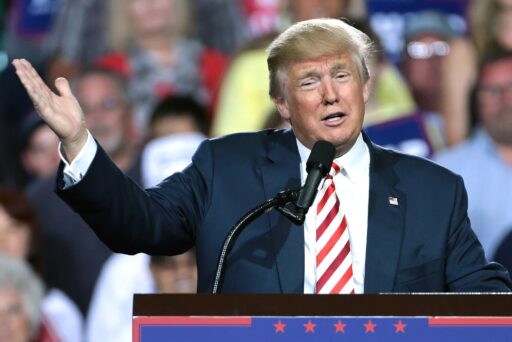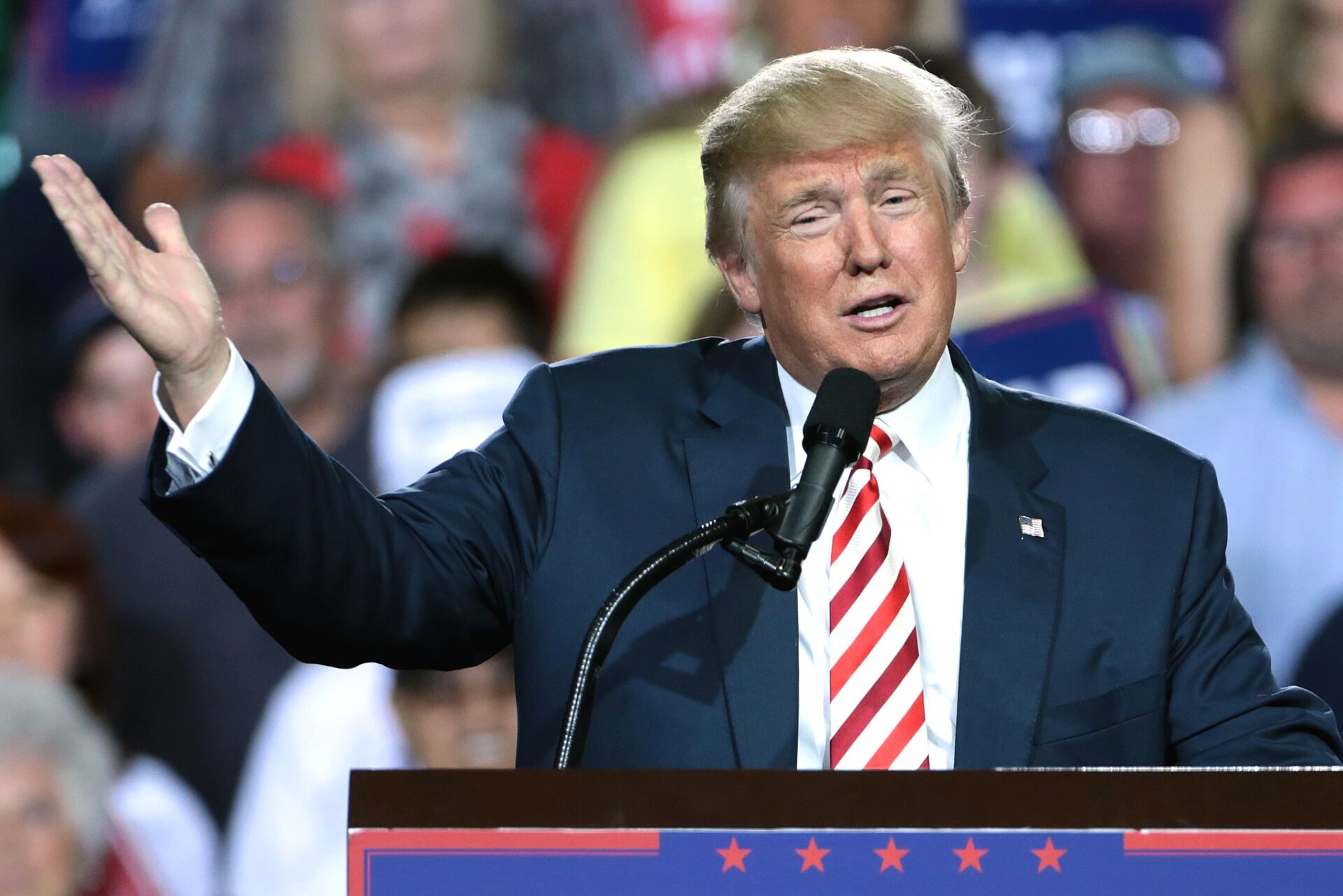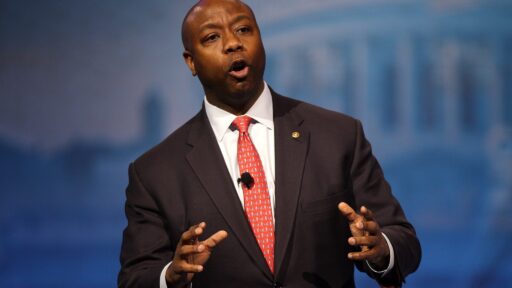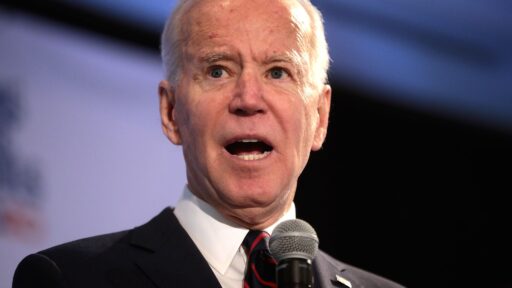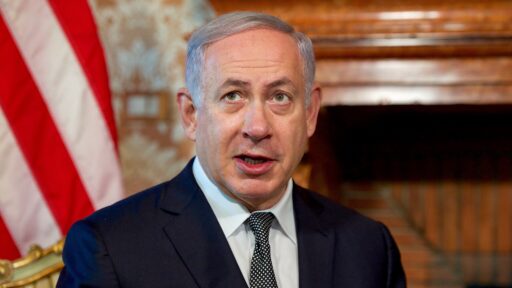Here’s what Americans should know.
In a recent interview, retired Lt. Gen. H.R. McMaster, former national security adviser under President Donald Trump, highlighted concerning tensions, suggesting that the global community is teetering on the edge of a potential World War III scenario. McMaster, aged 61, stressed the need for the United States and the United Kingdom, among other nations, to bolster their defense capabilities significantly. He recommended an increase in defense spending to 4% of gross domestic product (GDP), doubling the current NATO requirement.
McMaster underscored the urgency of investing in advanced missile defense systems, drawing parallels to Israel’s Iron Dome, to effectively address escalating crises. He emphasized the criticality of countering hypersonic missiles, advocating for capabilities to intercept them during their boost phase or preempt their launch, necessitating advancements in surveillance and positioning technologies.
Despite advocating for a substantial increase in defense spending, McMaster highlighted that such measures would still fall short of Cold War-era levels, emphasizing the imperative of prioritizing prevention over reactive military actions. He underscored the cost-effectiveness of averting conflicts compared to engaging in warfare.
Addressing the prospect of Trump’s potential return to office, McMaster reiterated support for policies promoting burden-sharing among NATO allies and bolstering support for nations facing aggression, such as Ukraine. However, he critiqued Trump’s diplomatic approach towards Russian President Vladimir Putin, characterizing it as naive and suggesting that Putin’s ambitions transcend mere negotiation, aiming at global dominance reminiscent of the Russian Empire.
In light of escalating threats, McMaster endorsed the need for nations to develop robust missile defense systems, including considerations for space-based capabilities akin to Ronald Reagan’s Strategic Defense Initiative, colloquially known as “Star Wars.” He acknowledged recent disclosures regarding Russia’s pursuit of nuclear anti-satellite capabilities, emphasizing the grave implications such developments pose for global satellite infrastructure and various critical services dependent on satellite communications.
In conclusion, McMaster’s remarks underscored the gravity of current geopolitical tensions and the imperative for proactive measures to mitigate the risk of global conflict, emphasizing the importance of diplomatic foresight, technological innovation, and international cooperation in safeguarding global stability and security.


